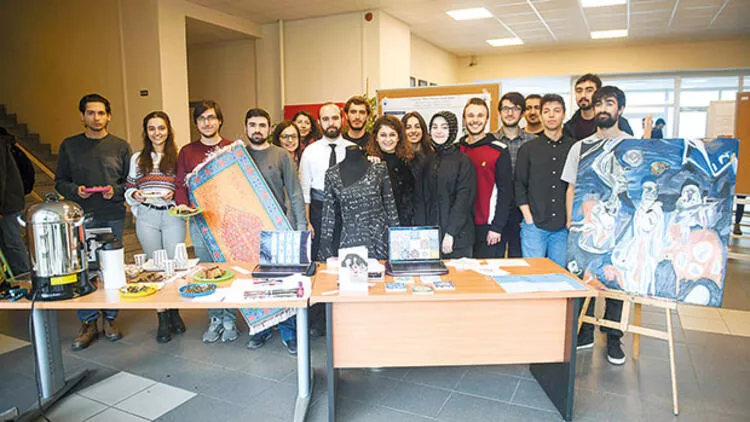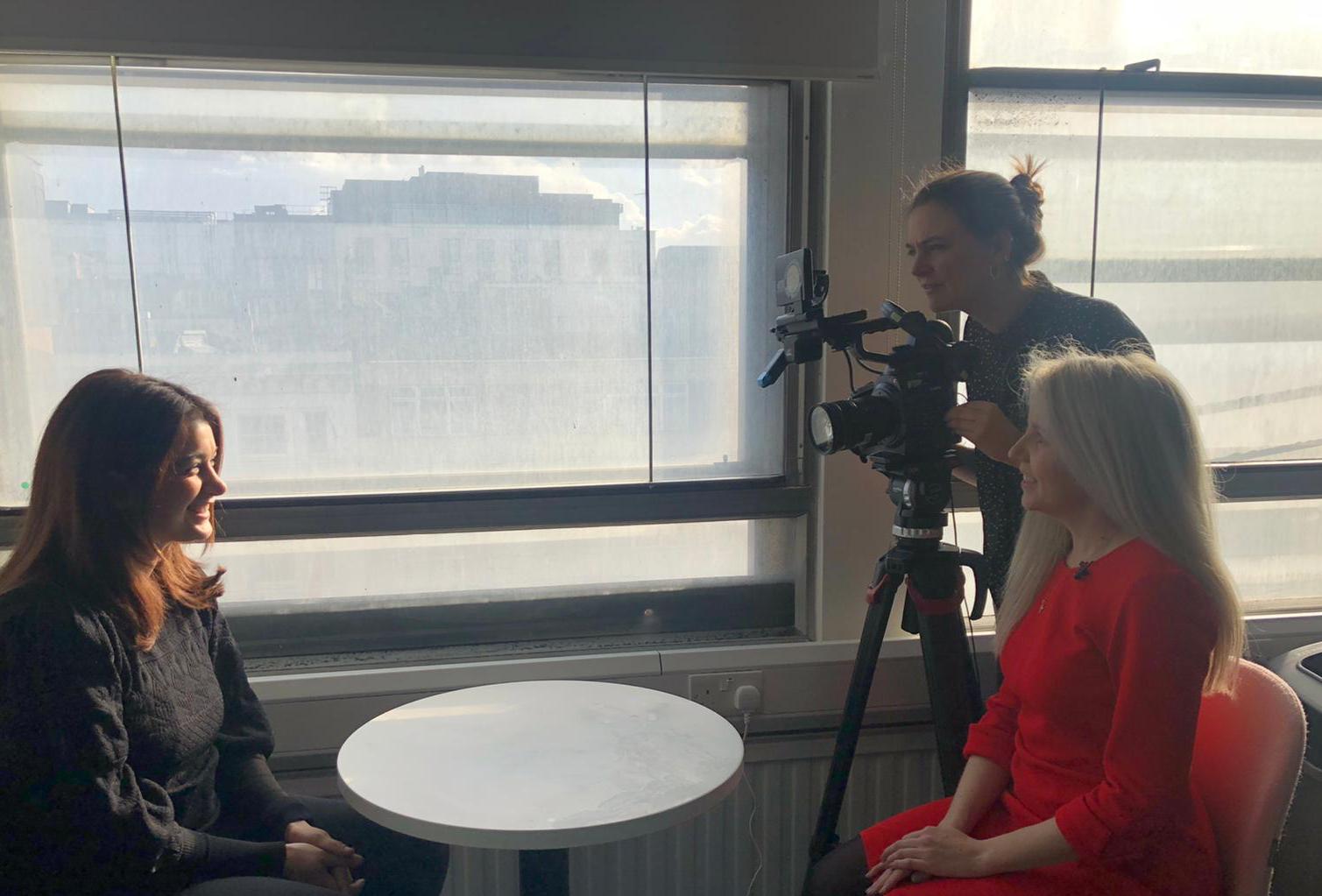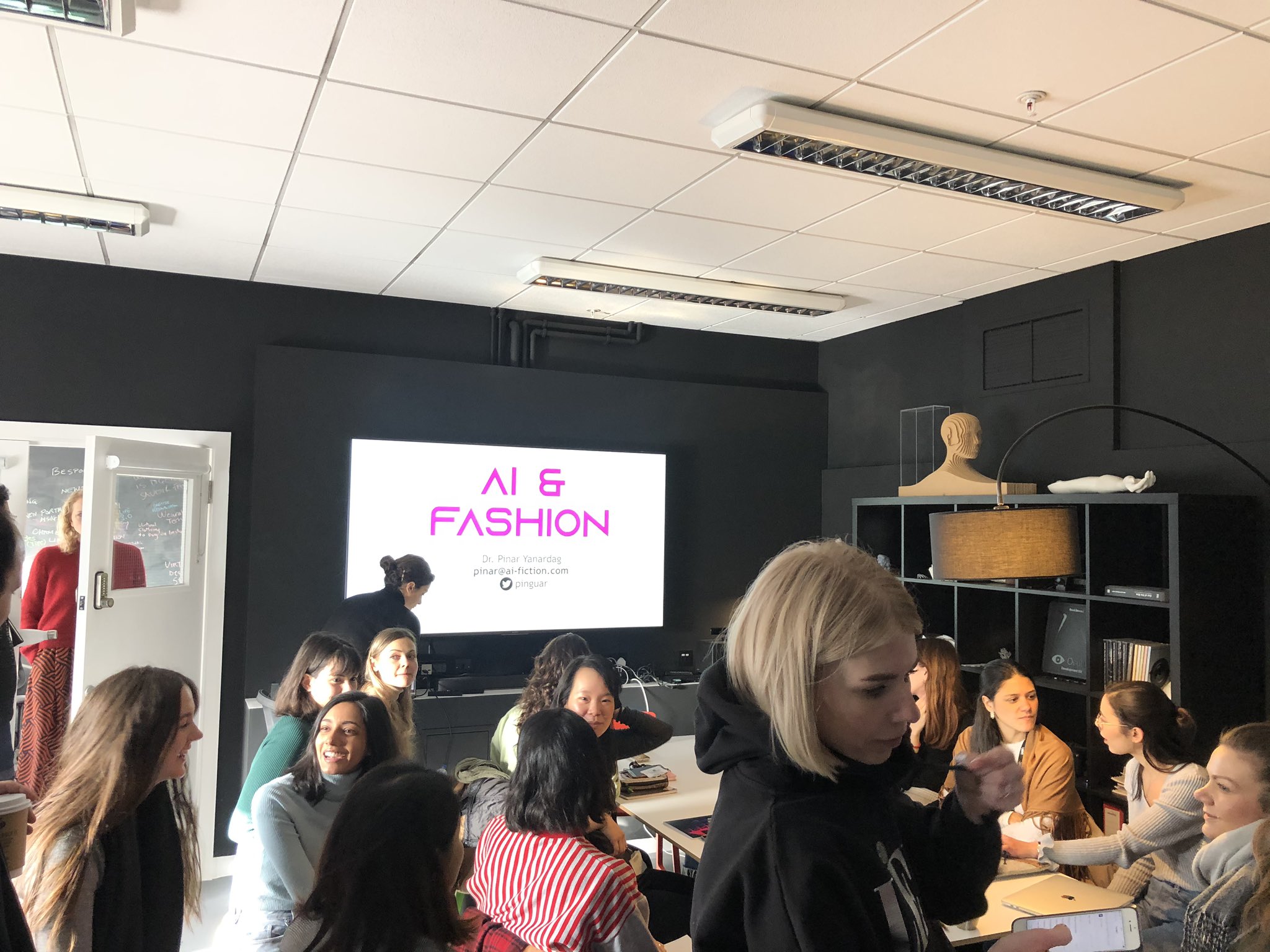teaching
Here is a brief information about the courses I teach.
What I cannot create, I do not understand. --Richard Feynman
These words, written on Feynman’s blackboard before he passed away, reflect how I approach teaching. As a scientist, my goal is to understand a problem well enough to break it down to its basics and rebuild it. As an engineer, my goal is to build things to understand the underlying concepts. As an educator, I want to combine these two perspectives and my goal is to give students the skills they need to think and learn independently. I design hands-on courses with a special emphasis on projects where I help students understand a concept really well and build something incredible out of it.
How to Generate (Almost) Anything (HTGAA)
(Fall 2019, Fall 2020, Bogazici University)
I initiated HTGAA as a collaborative project with other scientists and artists at MIT and in the Boston area, and then made it a regular course at Bogazici University. HTGAA is heavily inspired by Neil Gershenfeld’s acclaimed HTMAA course, of which I was also a proud student.
This course focuses on generative models where we discuss the latest approaches on image, videos, text, and music generation. Course projects require students to generate designs using a generative model (usually GANs) and collaborate with an artist, artisan, or designer to bring the AI-generated design into reality.
HTGAA projects to date include the world’s first pizzas co-created by humans and AI, chocolate truffles, perfumes, clothes, graffiti and even carpets! See some of the sample projects created here.
See the Course Evaluations page for some of the feedback that has been provided by students on this course.

HTGAA Class of 2019, Bogazici University, Istanbul. Students are showcasing their projects, including human-AI collaborated carpet, painting, artworks, cakes and so on.
Advanced Topics in Deep Learning
(Spring 2020, Spring 2021, Bogazici University)
This is a special topics course that focuses on advanced topics in Deep Learning. Throughout the course, we explore various Deep Learning topics, including generative models, Deep Reinforcement Learning, Meta Learning, Transfer Learning, Memory Networks, Deep Turing Machines, Transformers, and more. Course projects require students to propose a novel research idea or extend a state-of-the-art method and present their findings in the form of a scientific paper.
See the Course Evaluations page for some of the feedback that has been provided by students on this course.
AI & Fashion
(Spring 2020, London College of Fashion)
This is the world’s first academic course on the intersection of AI and Fashion. Designed by me as an 8-week course, I introduced generative adversarial networks, image-to-image translation methods, style transfer and many other state-of-the-art deep learning methods to fashion design, manifacturing and fashion marketing students at London College of Fashion (one of the top 3 fashion schools in the world). As a final project, students had to create projects using the skills they learned in class. Some of the projects were featured at London Fashion Week. See the Forbes and TechQ articles highlighting some of the projects done by the students or the BBC interview about this course.

BBC Interview at London College of Fashion, highlighing the importance of introducing AI to fashion industry.

Class of Spring 2020, London College of Fashion. We had 20 students coming from various departments in fashion including fashion design, fashion manifacturing, fashion marketing, and so on.
Other teaching activities
During my post-doc and PhD studies, I also had the opportunity to serve as a teaching assistant or a co-instuctor to the following courses:
Teaching assistant for MAS.S67: Machine Learning, Society & Autonomy, MIT
I was one of the teaching assistants for MAS.S67 taught by Prof. Iyad Rahwan and Prof. Hugo Larochelle. I prepared and gave deep learning tutorials to over 50 students, held office hours, and graded projects.
Co-instructor for STAT598Z: Introduction to Computing for Statisticians, Purdue
Along with Prof. SVN Vishwanathan, I co-taught a graduate level course STAT598Z. This course covered statistical machine learning algorithms with a focus on programming.